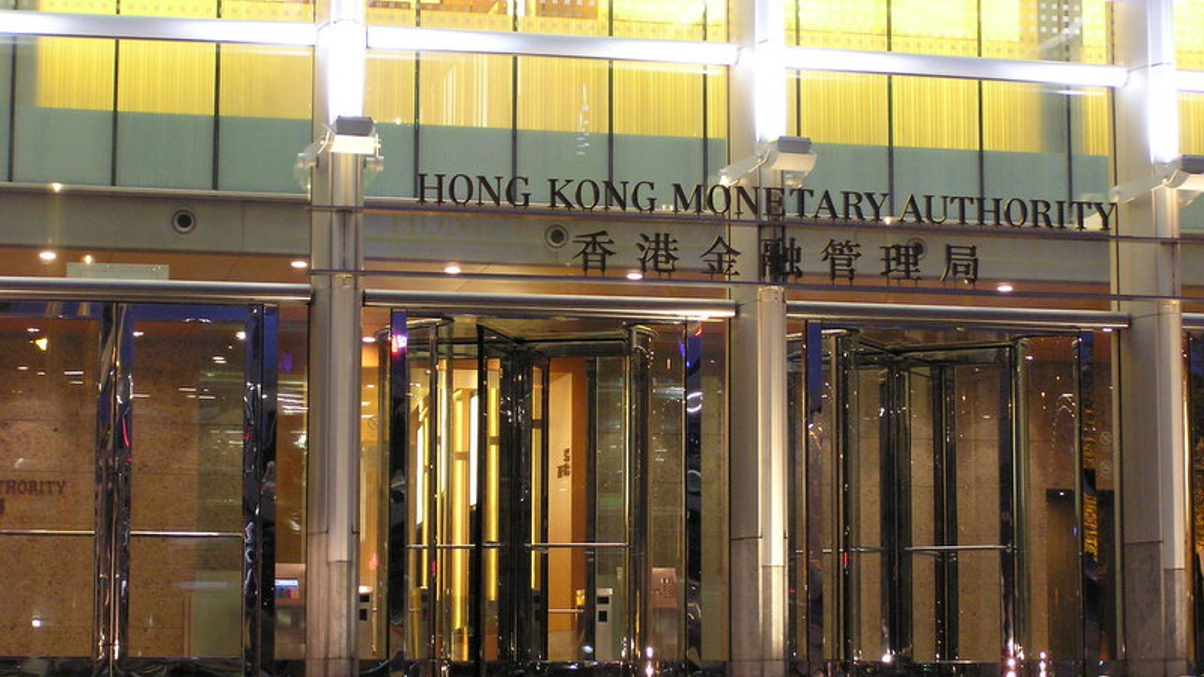HK Exchange Fund to stay prudent after woeful results
The HKMA warns that the global investment environment will become more challenging in the second half of the year, after posting an investment loss of HK$7.7 billion in the last quarter.

The Hong Kong Monetary Authority aims to keep “prudently” investing its Exchange Fund through asset diversification and defensive measures, after global stock market volatility gouged a big hole in its first half returns, according to executives from the de facto central bank.
Sign in to read on!
Registered users get 2 free articles in 30 days.
Subscribers have full unlimited access to AsianInvestor
Not signed up? New users get 2 free articles per month, plus a 7-day unlimited free trial.
¬ Haymarket Media Limited. All rights reserved.


